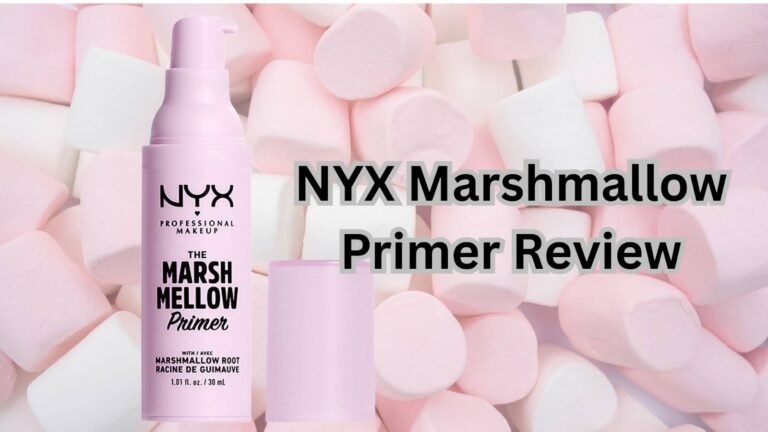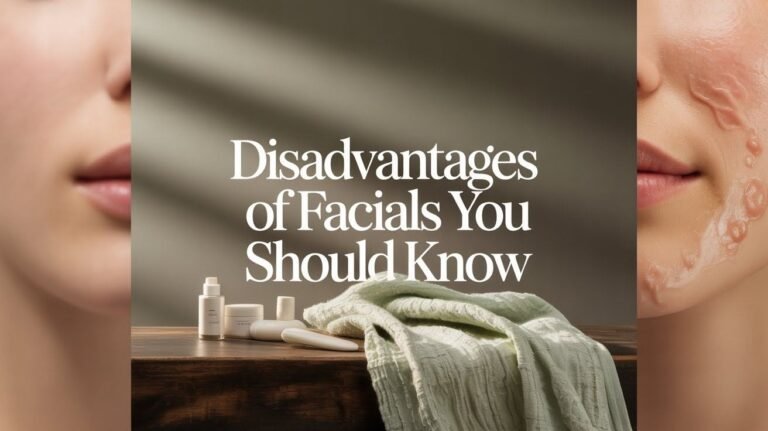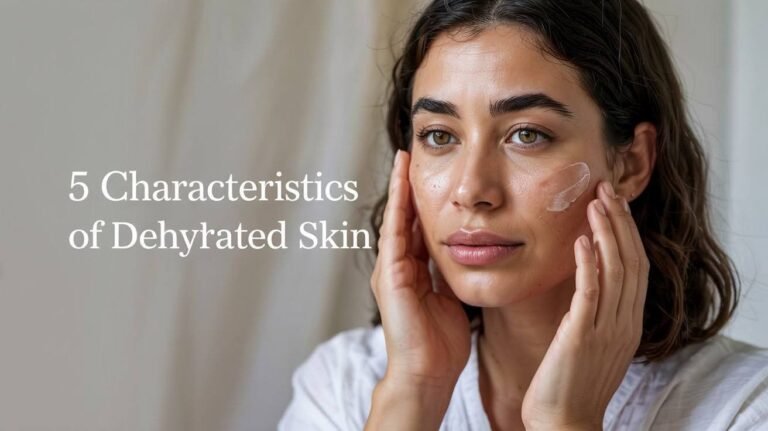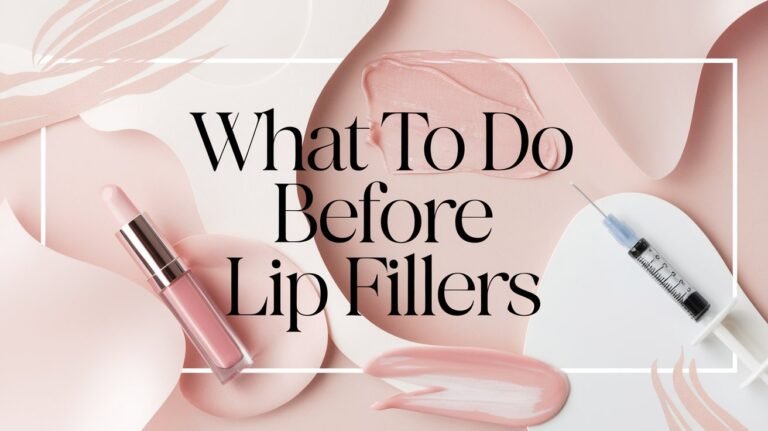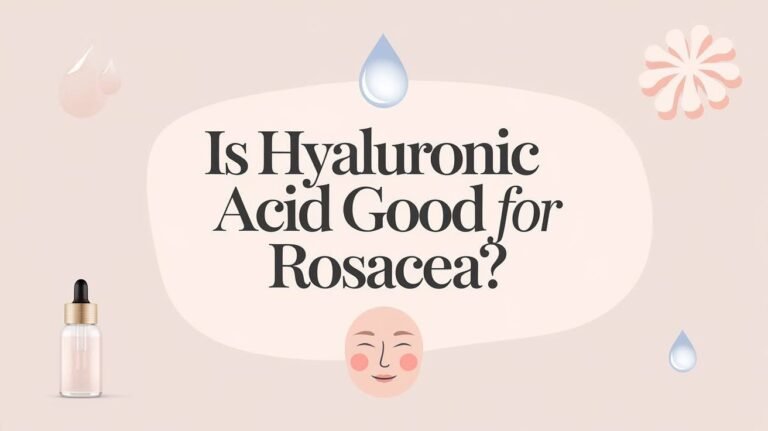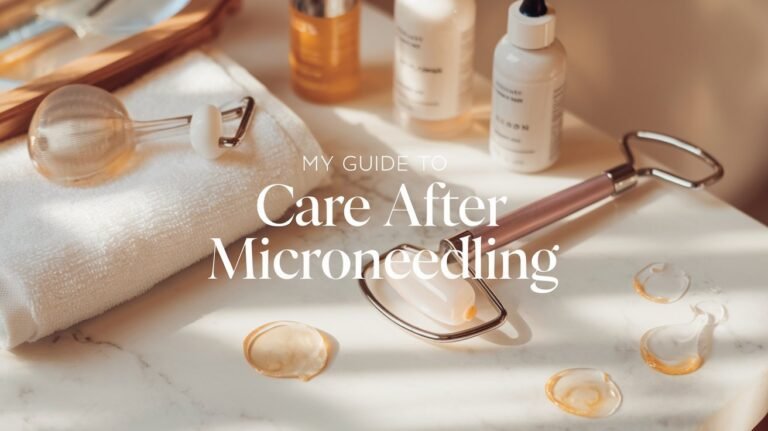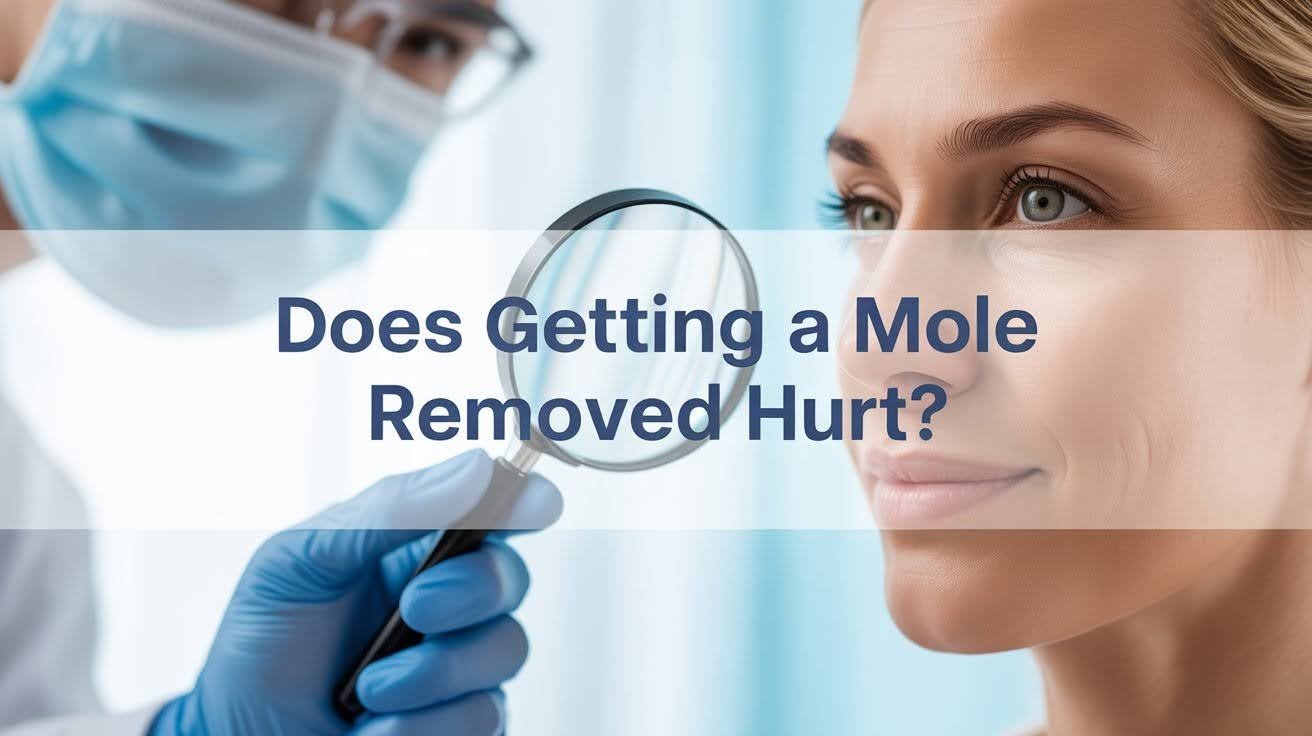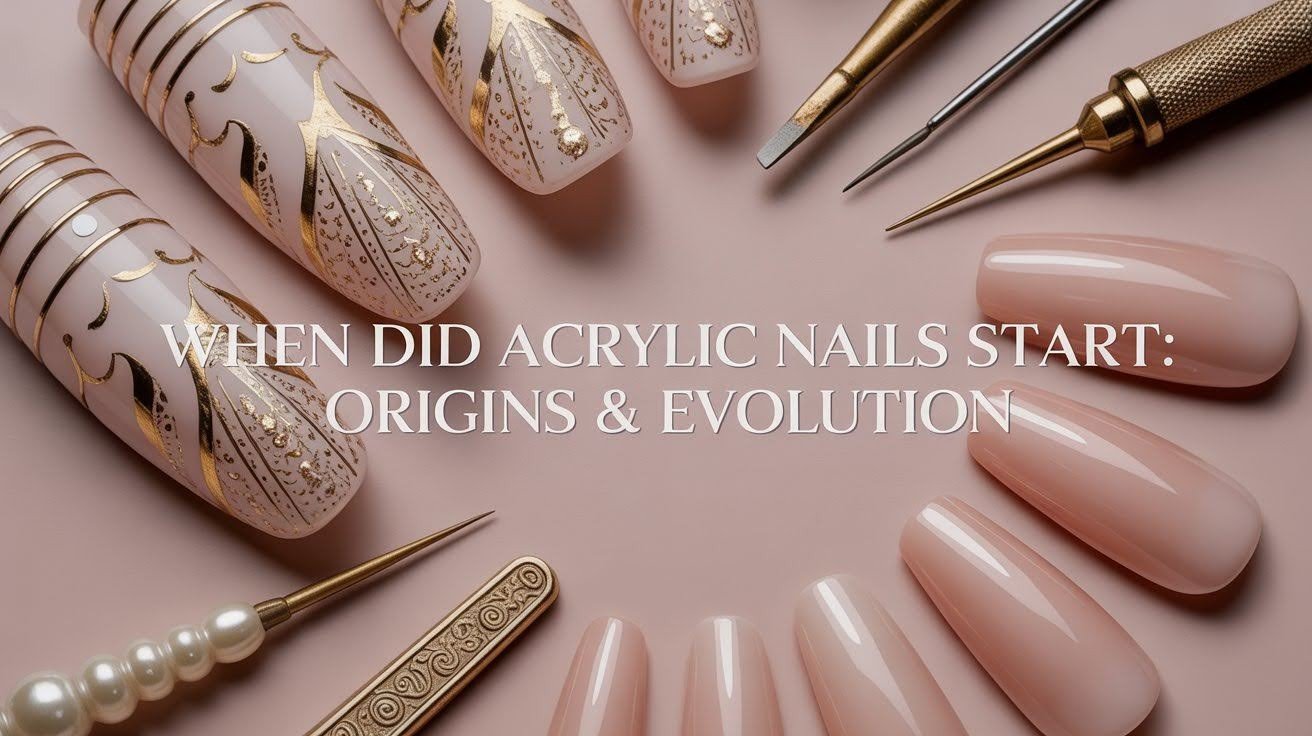Can Vitamin C Cause Acne or Help Clear Skin?
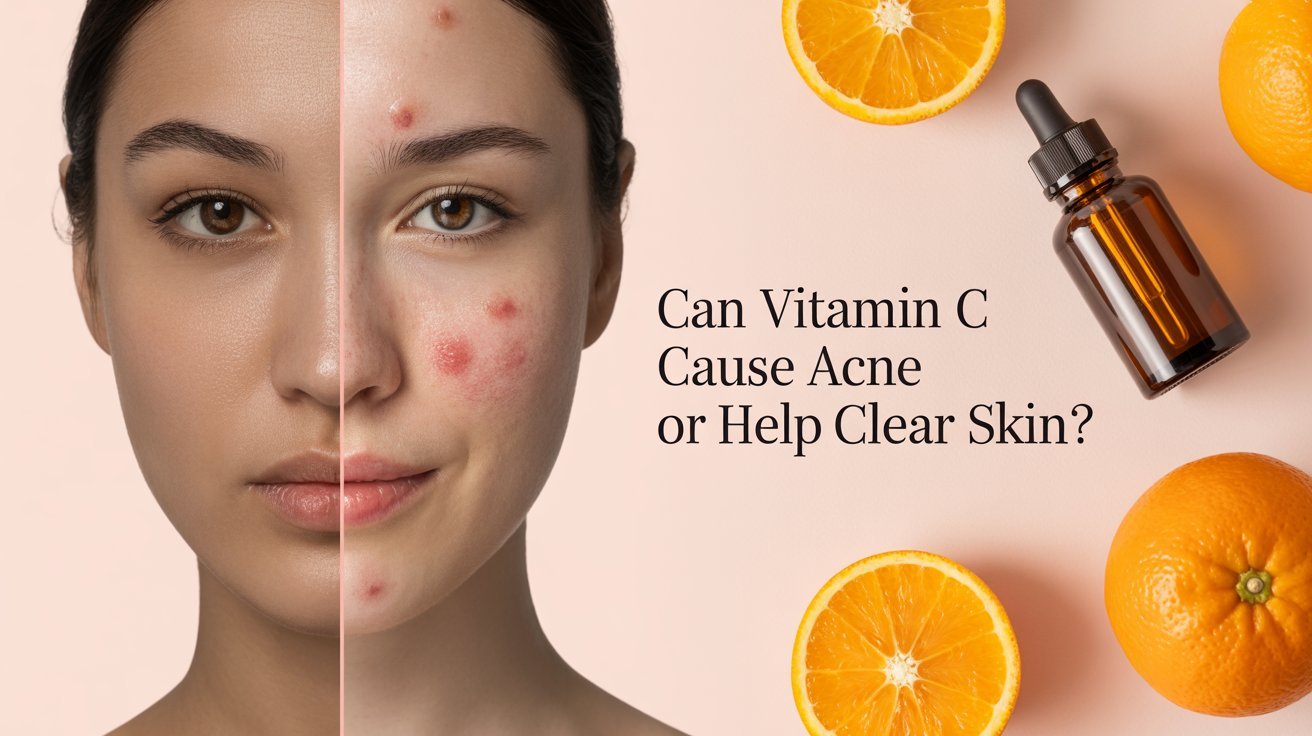
I get it. Skincare feels overwhelming sometimes. Vitamin C serums are everywhere, and everyone swears by them.
But here’s what keeps you up at night: can vitamin C cause acne or does it actually clear your skin?
I’ve asked myself this same question while standing in the skincare aisle, totally confused. This article gives you straight answers.
You’ll learn exactly how vitamin C affects acne-prone skin, when it triggers breakouts, and when it helps fade marks.
I’ll show you the right way to use it without damaging your skin. No confusing jargon, just real information you can trust and use today.
Understanding Vitamin C and Its Role in Skincare
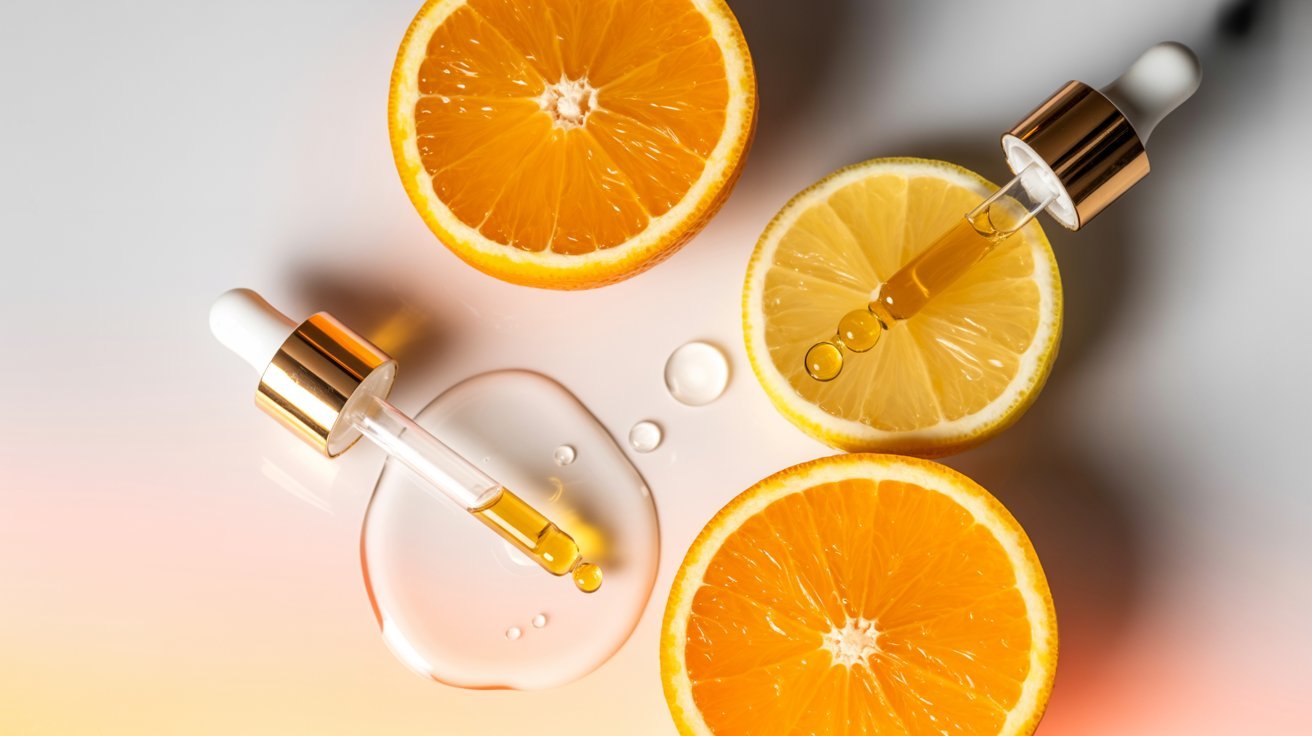
Vitamin C is a strong antioxidant that protects your skin from sun damage and pollution. It helps make collagen to keep skin firm and smooth. Many people use it to brighten dark spots, fade uneven tone, and reduce fine lines over time.
Not all vitamin C is the same. L-Ascorbic Acid is the most effective but can irritate sensitive skin. Sodium Ascorbyl Phosphate and Ascorbyl Glucoside are gentler options that work well for acne-prone skin.
Magnesium Ascorbyl Phosphate brightens without irritation. Choose gentler forms if you have sensitive or acne-prone skin.
Can Vitamin C Cause Acne?
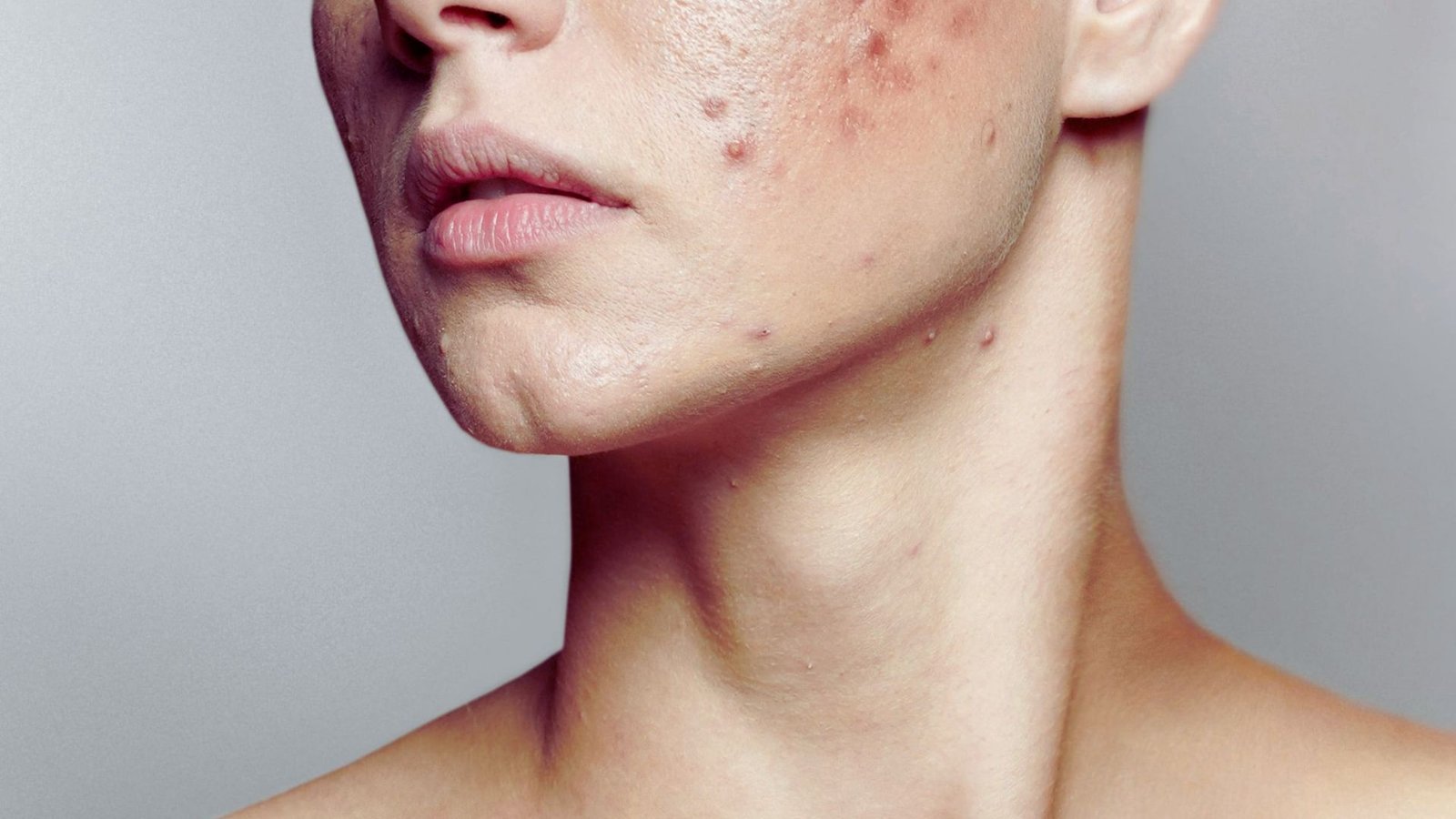
Vitamin C doesn’t directly cause acne, but certain situations can lead to breakouts. Knowing the difference helps you avoid problems.
When Vitamin C Might Trigger Breakouts
Your skin might purge when you start using vitamin C. Purging means your skin is clearing out clogged pores faster. This is normal and temporary.
Real breakouts are different. They happen when a product irritates your skin or doesn’t work with your skin type. Acidic vitamin C formulas can over-exfoliate if you use them too often. This damages your skin barrier and causes inflammation.
pH levels matter too. If your vitamin C product is too acidic and you layer it with other strong products, your skin can react badly.
Ingredients and Formulation Issues That Can Worsen Acne
Sometimes the problem isn’t the vitamin C itself. Other ingredients in the serum might clog your pores. Heavy oils, thick silicones, or comedogenic bases can trap bacteria and cause breakouts.
Mixing vitamin C with certain activities creates trouble. Using it with AHAs, BHAs, or retinoids all at once overwhelms your skin. Each ingredient is powerful on its own.
Sensitive and acne-prone skin reacts more easily. What works for dry skin might be too rich for oily skin. Pay attention to your skin type when choosing products.
Signs It’s a Reaction, Not Purging
How do you know if it’s purging or a bad reaction? Watch where breakouts appear. Purging happens in areas where you normally get acne. New breakouts in unusual spots signal a problem.
Other warning signs include redness, itching, or burning. Your skin shouldn’t feel uncomfortable. Purging typically lasts two to four weeks. If breakouts continue beyond that, stop using the product.
Prolonged irritation means your skin is rejecting something. Listen to what it’s telling you.
How Vitamin C Can Help Clear Skin
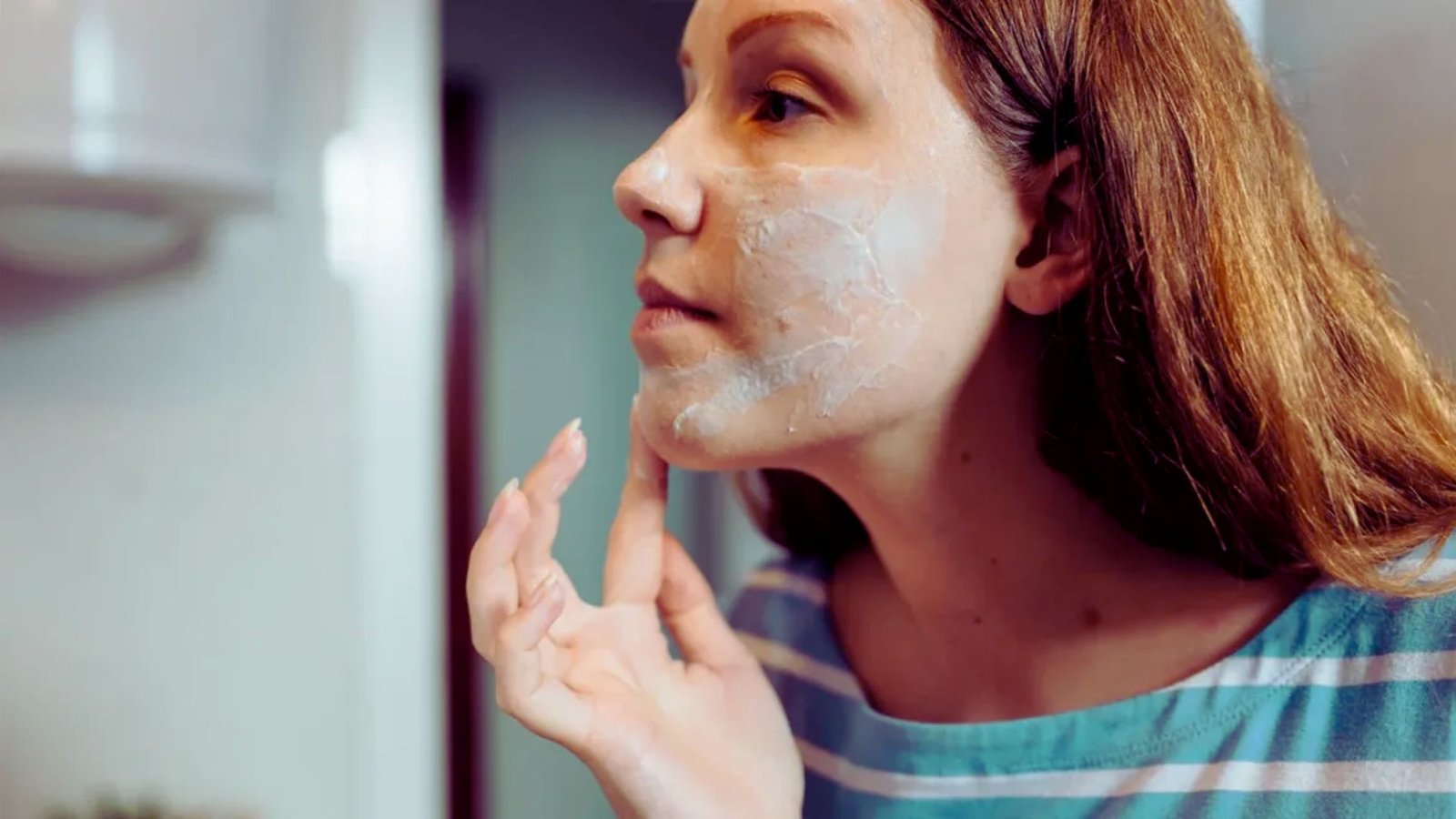
When used correctly, vitamin C offers real benefits for acne-prone skin. It tackles multiple skin concerns at once.
Vitamin C’s Anti-Inflammatory and Healing Benefits
Inflammation makes acne worse and slows healing. Vitamin C reduces redness and calms irritated skin. It helps your skin recover faster after breakouts.
Your skin barrier needs support to stay healthy. Vitamin C strengthens it by boosting collagen production. Stronger skin fights off acne-causing bacteria better.
Fading Acne Marks and Hyperpigmentation
Dark spots after pimples can linger for months. Vitamin C lightens these marks by reducing melanin production. Your skin tone becomes more even over time.
It also improves texture. Smoother skin looks clearer and feels better. Regular use gives you that healthy glow everyone wants.
Vitamin C as an Antioxidant Defense Against Acne Triggers
Environmental damage contributes to acne. Pollution and UV rays create oxidative stress that inflames your skin. Vitamin C neutralizes these harmful effects.
It also reduces sebum oxidation. When your skin’s natural oils oxidize, they clog pores more easily. Vitamin C prevents this process, keeping pores clearer.
How to Safely Use Vitamin C on Acne-Prone Skin

Using vitamin C the right way prevents problems and maximizes benefits. Follow these steps for success.
Start Slow and Choose the Right Concentration:
Begin with low concentrations between 5 and 10 percent. This gives your skin time to adjust. High percentages aren’t always better, especially at first.
Always patch test new products. Apply a small amount on your inner arm or behind your ear. Wait 24 hours to see if any reaction occurs. This simple step saves you from full-face irritation.
Combine with Soothing Ingredients:
Balance vitamin C with calming ingredients. Niacinamide works beautifully with it to reduce inflammation. Aloe vera and panthenol add hydration and soothe skin.
Avoid using too many strong activities together initially. Your skin needs time to handle one powerful ingredient before adding another. Layer products gradually over weeks.
Choose Non-Comedogenic, Fragrance-Free Formulas:
Read labels carefully to spot potential irritants. Look for words like non-comedogenic, which means it won’t clog pores. Fragrance-free products reduce the risk of allergic reactions.
For sensitive skin, choose gel or water-based formulas. Oily skin types do better with lightweight serums. Heavy creams might be too much for acne-prone skin.
When to Stop Using Vitamin C
Sometimes vitamin C just doesn’t work for your skin, and that’s okay.
- Watch for warning signs like persistent breakouts that don’t improve after several weeks of use.
- Stop immediately if your skin burns or stings every time you apply the product.
- Look out for allergic reactions including hives, severe redness, or swelling on your face.
- Switch products if breakouts last beyond four weeks or continue getting worse instead of better.
- Consult a dermatologist if problems continue so they can identify the actual cause and recommend better options for your skin.
Conclusion
I spent months wondering if vitamin C causes acne before I figured out the truth. It won’t cause breakouts when you choose the right formula and go slow.
I started with a gentle 5% serum and my skin loved it. Your skin is different from mine, so pay attention to how it reacts.
If one product doesn’t work, try another form or mix it with calming ingredients.
Got questions about your skin? Drop a comment and I’ll help you out.
Frequently Asked Questions
Does vitamin C serum make you break out at first?
Your skin might purge initially as it clears clogged pores faster. This usually stops within two to four weeks.
Can I use vitamin C every day on acne-prone skin?
Start with two to three times per week and increase gradually. Daily use works once your skin adjusts.
Which form of vitamin C is best for acne?
Sodium Ascorbyl Phosphate works best for acne-prone skin. It’s gentle, stable, and has anti-inflammatory properties.
Can vitamin C remove acne scars?
Vitamin C helps fade dark marks and hyperpigmentation from acne. It improves overall skin tone and texture over time.
Should I use vitamin C in the morning or night?
Morning application works best because vitamin C protects against daytime environmental damage. Always follow with sunscreen.

